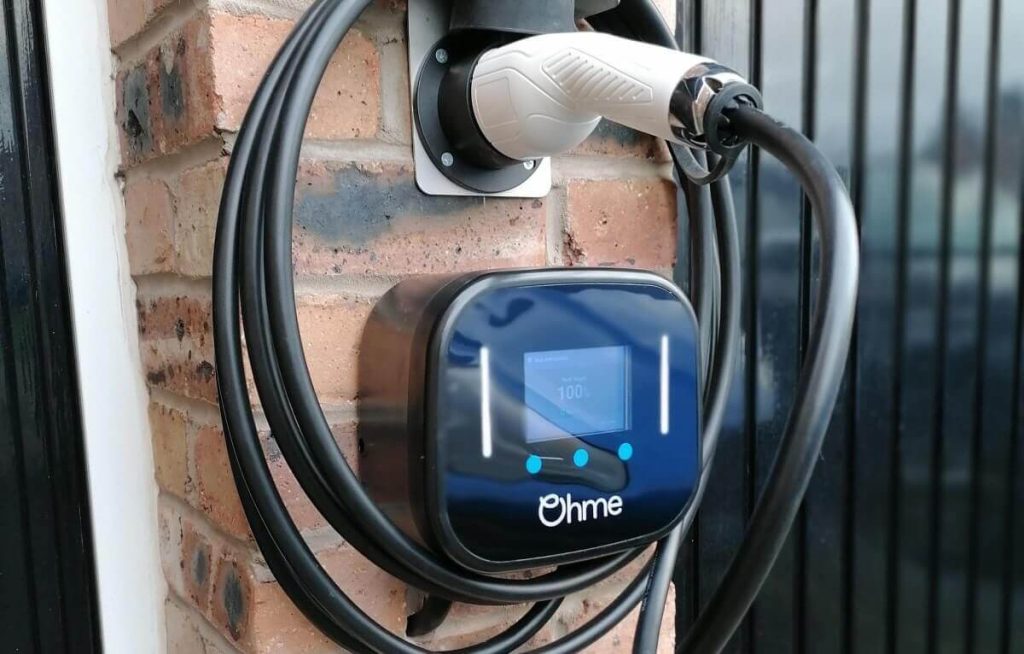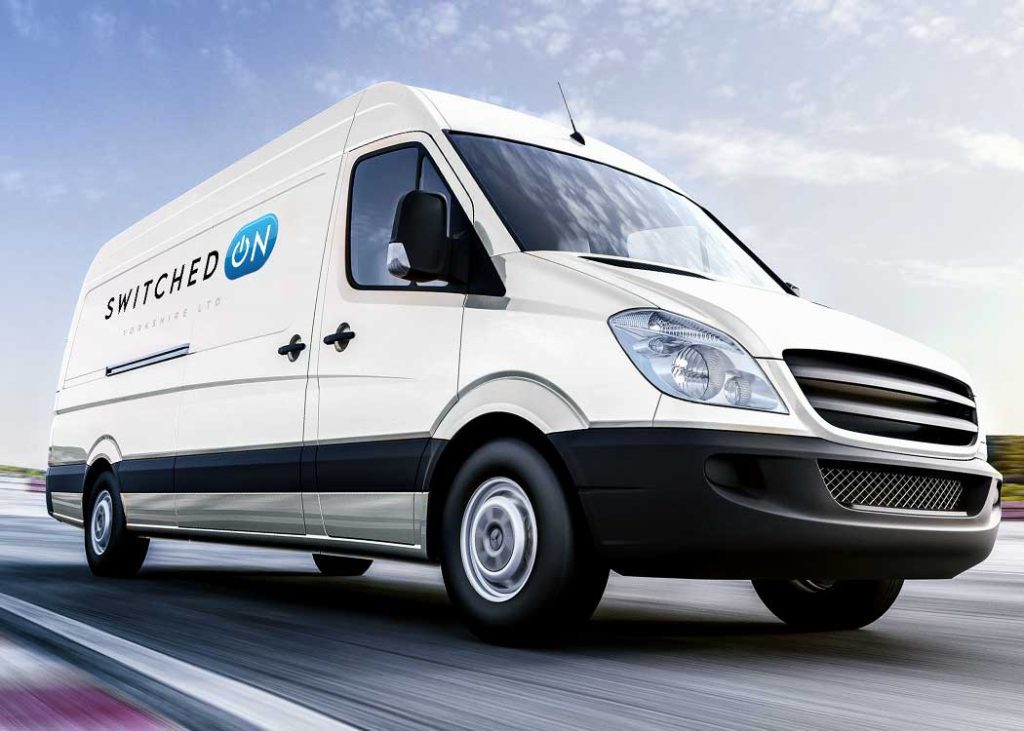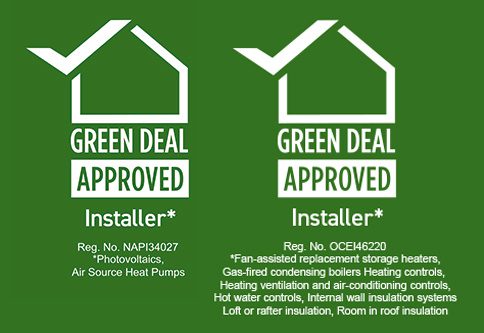EV Chargers
Electric Vehicles are fast becoming the must have form of transport. If you have an EV, or are looking to purchase one, you’ll need an EV Charger.
✔ Professional installations
✔ Greener, cheaper, smarter
✔ Government approved
Why install a EV Charger?
While public chargers are becoming more common, they come with added cost and inconvenience. You have to hope one is free when you arrive at a service station or the supermarket; and even then you won’t benefit from a full charge as you don’t have the time or dedicated power to reach full!
Installing your own, private EV charger means you have the convenience of always being able to charge your car whenever you want - and get to full power. It also means saving money on charging fees; just plug it in and you'll never have to worry about running out of juice again!


We can provide you with an EV charger and with years of experience in installing these kinds of chargers, it won’t take a long time to set up.
Not only do they charge EV batteries quicker, they’re far more cost-efficient than regular chargers. Private EV charging unit also makes charging safer because there's less risk of overloading the circuit and causing a fire hazard.
FAQ'S
Depending on the battery size of your vehicle and the power capacity of your charging point, dictates how long it takes to charge your vehicle fully.
Typically plug-in hybrids are 3.7kW, so they fully charge within 3 hours. Fully electric cars can charge at 7.4kW on a single phase supply but have a much bigger battery, taking maybe 10 hours to fully charge.
Yes it is. Your home electricity will be generated by the solar panels on your roof, meaning the electricity used via your EV charger is renewable.
The alternative is to use a battery storage system to store this energy, and then discharge into your EV in the evening/night-time.
The cost of an EV charger varies on the size, the brand and where it needs to be installed.
The EV chargepoint grant provides funding of up to 75% towards the cost of installing electric vehicle smart charge points at domestic properties across the UK. It replaced the Electric Vehicle Homecharge Scheme (EVHS) on 1 April 2022.
There are also grants available for businesses wanting to install charge points at workplaces.
For more information on the grants available for residential and business use, talk to our experts.
An installation will typically take half a day.
If your fuse box is far from the charge point location or cables need to be run through internal rooms, the installation may take a little longer.
Electric cars are perfect for short or long commutes.
Most daily commutes are less than 30 miles, but charging your car overnight will allow you to wake up to a full battery in the morning.
Even if people don’t use their electric vehicle very often (typically because of limited range), there are other options that provide great driving distances.
Some newer models have a driving distance of over 300 miles per charge!
Electric vehicles typically come with a higher price tag than their petrol or diesel counterparts; but, experts predict that EV prices decrease by the end of the decade.
Plus, if you find an eligible vehicle and Government grant, you could receive money off towards the cost!
Maintenance and running costs for electric vehicles are much lower than a petrol or diesel equivalent.
The cost of charging an EV is cheaper than filling up at the pump, but these machines also require far less maintenance such as not needing oil changes and require less frequent services thanks to regenerative braking systems.
The Government offers a grant for new low emission, plug-in vehicles up to 35% off the original price (to a max of £3,500).
To receive this grant you don’t even need to apply for it or do anything about it—the dealer just deducts it from the overall price!
It’s possible to charge your electric car using the charger cable that comes with the vehicle, for use in public outlets.
However, it takes longer and is less versatile than a dedicated home charge point. Some of the most common reasons our customers choose to have a fit for purpose charge points installed include:
- Safety
- Convenience
- Savings in time spent charging (a typical EV will take 12 hours if charged from empty)
- Plug-in EVs are becoming more popular
Potentially; however you’ll save a lot of money when you compare it to how much gas costs.
There are also some special rates for electric vehicles that can reduce your electricity usage even further.
In most cases, no. If you’re using multiple electric vehicles regularly, then the easiest way to recharge them would be to plug one car in at night and let it charge while the other charges during the day so they’re always full of juice.
Yes! Electric vehicles can be charged safely during all weathers.
You might think that water and electricity don’t mix, but fortunately car manufacturers have taken this into consideration when creating EV’s – and EV chargers.
EV charge points also have an IP54 rating for water ingress, so even if it rains outside, there shouldn’t be any problems with these chargers.
Learn more about EV Charging
Don't let just anyone install your EV Charger
Switched On Yorkshire are qualified and certified as an approved Microgeneration Certification Scheme (MCS) Installer.
Our team of highly professional personnel can talk you through the process and hold your hand every step of the journey.


Ready to start your switch?
Making your home more energy efficient shouldn't be hard work. Let Switched On Yorkshire help you.
01924 820005
Renewables
Central Heating
Smart Home
Installations
Inspections & Testing
©2023 Switched On Yorkshire Ltd. Unit 1, Savile Industrial Park, Savile Road, Castleford, WF10 1PE VAT No. 265332802 Registered in England & Wales company No. 10556527
















